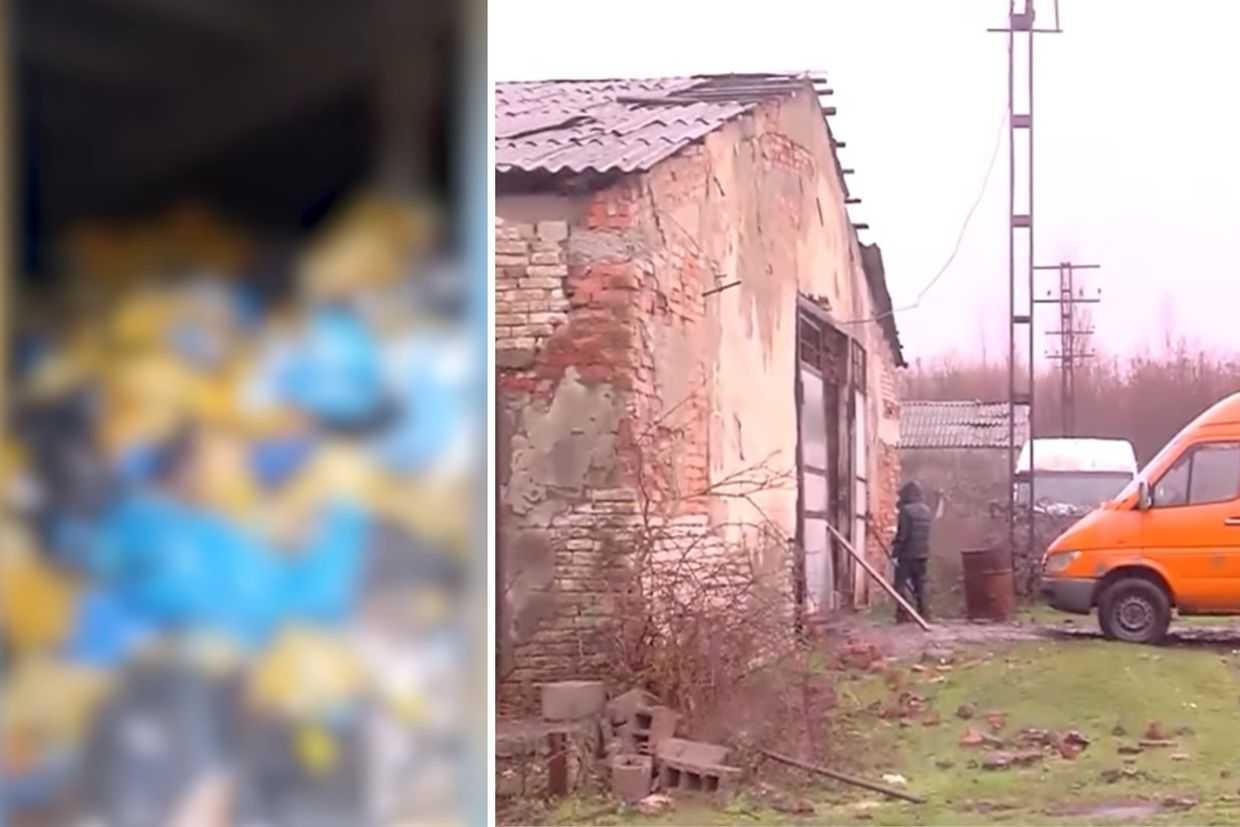
Tbilisi Mayor Kakha Kaladze, who is running for a third term in the upcoming municipal elections, announced that a tram line, which stopped operating nearly two decades ago, will return to the capital. According to Kaladze, the planned line will run through northern Tbilisi.
Kaladze presented the pledge as the first item at Wednesday’s City Hall meeting and described it as ‘very important information’ for everyone who ‘loves our capital’.
‘Today we are announcing a tender for the procurement of the tram line project and construction works’, he said, noting that this would be the first tram project ‘in the history of Georgia’s independence’.
Kaladze made the pledge a month and a half before the municipal elections, scheduled for 4 October in Tbilisi and other municipalities across Georgia. The vote is boycotted by numerous opposition parties.
According to the mayor, the tram line will be seven-and-a-half kilometres long with 11 stops, connecting the Didi Dighomi district with the Didube Metro Station area, which also serves as a key hub for intercity transportation.
Kaladze said that city hall now has ‘complete information’ on what needs to be done. He described the future construction as a ‘modern tram line meeting European standards’, which ‘will ensure safe, comfortable, and fast travel for the increased passenger flow in the Didi Dighomi neighbourhood, ease the burden on buses and minibuses, reduce traffic congestion, and improve environmental conditions’.
Didi Dighomi is known for its transportation problems, including a lack of public transport.
The market research regarding the tram project was announced by the Tbilisi Transport Company (TTC) in March 2025. Among the requirements, the construction company must have had a total revenue of at least $50 million between 2022 and 2024 and must have completed at least three tram line construction projects over the past ten years.
According to the accompanying documentation for the market research announcement, the construction works are expected to be completed within three years from the agreement, with a total estimated timeline of the project being four-and-a-half years.
The Tbilisi City Hall press service told OC Media that the figures in the documentation will ‘likely be slightly adjusted’ and will be presented in their final form in the tender, which, according to the agency, will be announced in the ‘coming days’.
Tram, Tbilisi’s transport, and unfulfilled promises
After over a century of service, trams completely disappeared from Tbilisi in 2006, during the United National Movement’s (UNM) rule.
In 2010, the city government began discussions on restoring trams, and between 2010 and 2012, in cooperation with the French company Systra, a project was prepared for the construction of the first line.
The project was then halted due to financial constraints.
After coming to power in 2012, the Georgian Dream administration did not return to the project, although the idea occasionally resurfaced during municipal elections in the promises of mayoral candidates.
In 2017, Kaladze became the mayor of Tbilisi, and the following year the city and state authorities told residents that the construction of an overground metro would begin, providing new routes for a total of 260,000 people.
According to the project, construction was to begin in 2019 and go through two phases: during the first, from 2021 and 2022, the Samgori Metro Station in eastern Tbilisi was to be connected to the Lilo neighbourhood and Tbilisi International Airport, with seven new metro stations built and the Samgori station fully renovated. In the second phase, Tbilisi would be connected to the city of Rustavi.
By 2021, Tbilisi City Hall claimed that a feasibility study for the overground metro project had been completed, but the project was hampered by the COVID-19 pandemic.
However, even after the pandemic, the municipality barely provided any update regarding the project, leaving the promise unfulfilled to this day.











